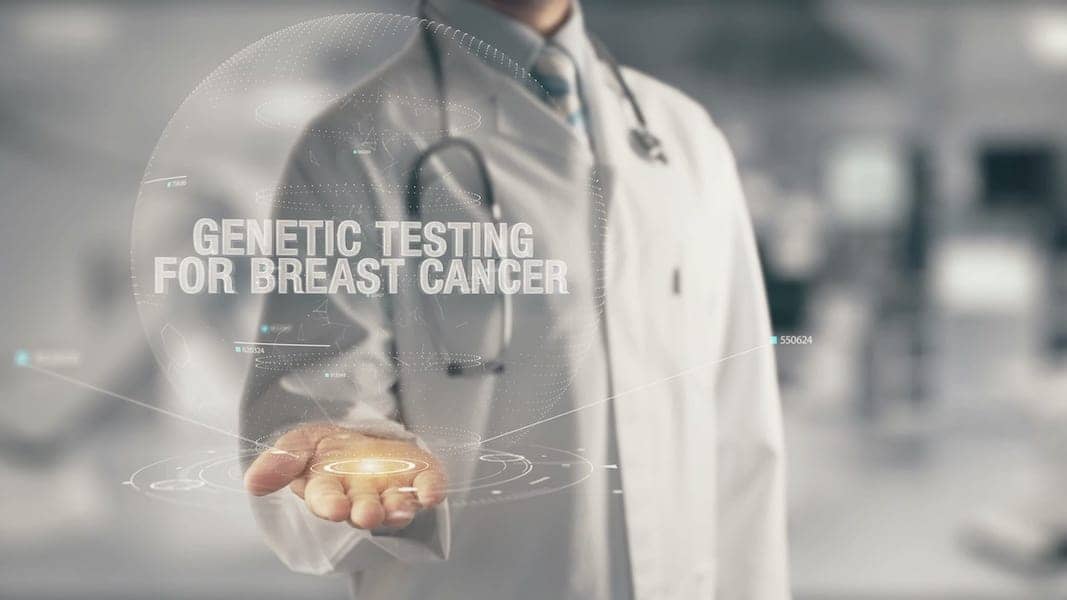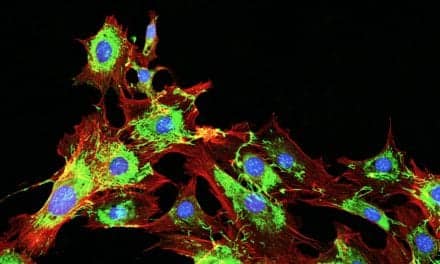Invitae, a leading medical genetics company, released a new study in JAMA Network Open, underscoring the clinical utility of the American Society of Breast Surgeons (ASBrS) guidelines recommending universal genetic testing for patients with breast cancer, and showing universal testing improves patient outcomes.
Building on a previous study reported in the Journal of Clinical Oncology, the new study is the first clinical outcomes study of a cohort of unselected patients with breast cancer who underwent universal germline genetic testing. The data show that genetic information aids patients and their physicians in implementing effective precision treatments and personalized management for their cancer.
The data confirm the clinical utility of universal germline testing for all patients regardless of cancer type, age, stage or family history as cited in landmark studies published in JAMA Oncology and Clinical Gastroenterology and Hepatology by Invitae and Mayo Clinic.
“This study and others clearly demonstrate the reason universal genetic testing for patients with breast cancer is the current standard of care in clinical practice,” says Pat Whitworth, MD, lead author, breast surgical oncologist and director of the Nashville Breast Center. “It is essential for practices to systematically implement universal testing to improve patient care and outcomes. Even more important, this is the only way we find the family members who carry the gene and need prevention. Other guidelines miss half of these unaffected carriers.”
How the Study Worked
In the study, clinicians were asked to assess changes to clinical management as a result of germline genetic testing results for 952 patients. Clinical recommendations were changed for 68% of patients who did not meet the criteria for testing according to previous non-universal guidelines, but were found to have pathogenic variants in cancer predisposition genes. For those with pathogenic variants that did fall within criteria according to previous guidelines, genetic testing impacted management with one or more changes to recommendations reported for 84% of patients.
Clinicians considered testing beneficial for two-thirds of patients with pathogenic variants (e.g. gene-based therapy) and for one-third of patients with either negative results or variants of uncertain significance (e.g. de-escalation of surgical intervention).
ASBrS recommended universal germline genetic testing has the potential to impact millions, as breast cancer is the most frequently diagnosed cancer in women, affecting >seven million worldwide with more than two million new cases expected to be diagnosed each year according to the American Cancer Society. Approximately one in eight women (13%) will be diagnosed with invasive breast cancer in their lifetime and one in 39 women (3%) will die from breast cancer. Prior to the ASBrS guidelines, only about 25% of patients with breast cancer in the U.S. were getting genetic testing.
“The medical community’s understanding of genetics and cancer, and the underlying evidence, has evolved to make universal genetic testing the standard of care for breast cancer,” says Peter Beitsch, MD, surgical oncologist, former president of the ASBrS and co-PI of the iGAP registry at Invitae. “This will not only benefit patients but also entire families – both male and female relatives – since pathogenic variants associated with breast cancer can lead to many different cancers including prostate cancer.”
ASBrS Guidelines
The ASBrS established guidelines recommending germline genetic testing for all patients currently or previously diagnosed with breast cancer in 2019 (Consensus Guidelines on Genetic Testing for Hereditary Breast Cancer from the American Society of Breast Surgeons), catalyzed and supported by studies published in the Journal of Clinical Oncology and Cancers.
“The sooner we systematically implement universal genetic testing for patients with breast cancer, the sooner we’ll achieve President Biden’s Cancer Moonshot 2.0 objectives of reducing cancer mortality and improving the lives of patients with cancer and their families,” says Ed Esplin, MD, PhD, FACMG, FACP, clinical geneticist at Invitae and senior author of the study.
Restrictive guidelines can lead to disparities in cancer care. Offering germline genetic testing to all cancer patients at diagnosis, consistent with the recent expert consensus in JCO Precision Oncology, may help reduce inequities in cancer care by expanding access for all patients to precision therapy or clinical treatment trials.





